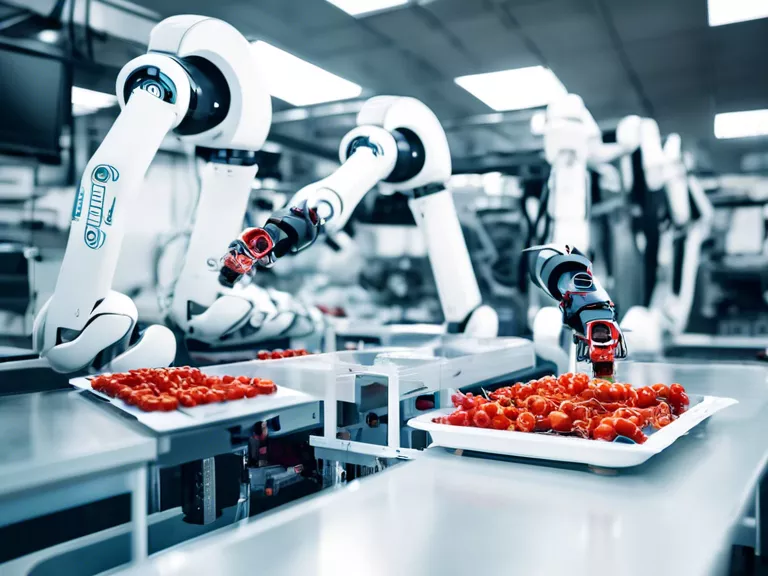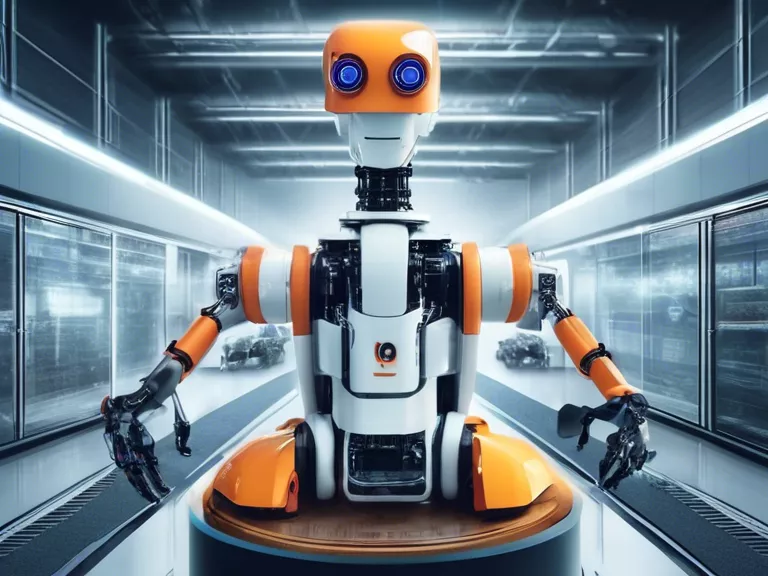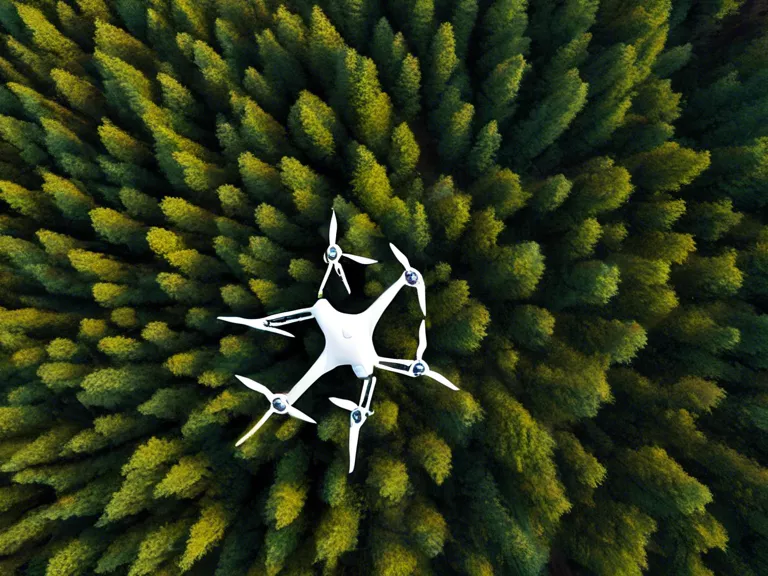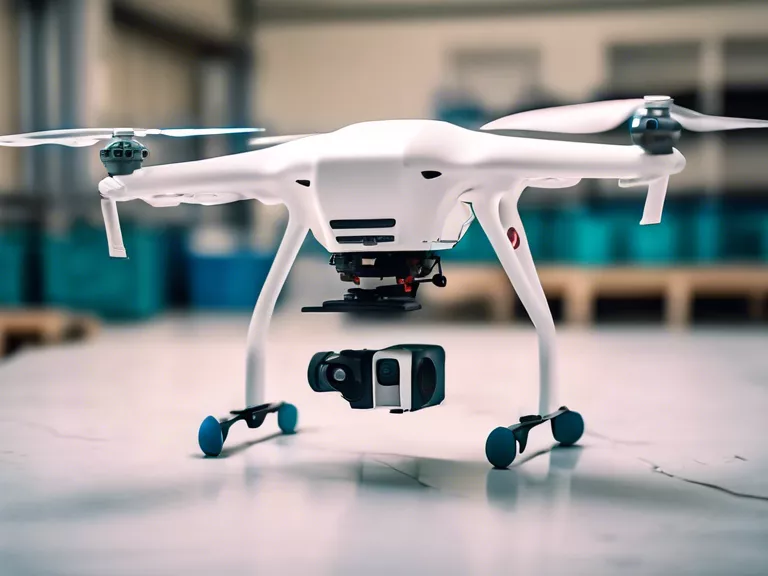
The food industry is rapidly evolving with the integration of robotics and automation. From food production to processing and delivery, robots are playing a crucial role in transforming the way we grow, prepare, and consume our food. This tech-driven revolution is not only increasing efficiencies but also improving food safety and quality. Let's explore how robotics is revolutionizing the food industry:
Automation in Food Production: With the growing demand for food worldwide, traditional methods of farming are no longer sufficient. Robotics are being used in precision agriculture to optimize planting, watering, fertilizing, and harvesting crops. Automated machines can work around the clock, ensuring a higher yield and better quality produce.
Enhanced Food Processing: Robots are being utilized in food processing plants to streamline the production line. From sorting and grading fruits and vegetables to packaging and labeling, robotic arms can perform repetitive tasks with precision and speed. This not only reduces labor costs but also minimizes the risk of contamination and human error.
Improved Food Safety: Ensuring food safety is a top priority in the food industry. Robots equipped with sensors and cameras can detect contaminants and foreign objects in food products, preventing potential health hazards. Automated systems also minimize human contact with food, reducing the risk of contamination during processing and packaging.
Efficient Food Delivery: The rise of food delivery services has increased the demand for efficient and timely deliveries. Robots and drones are being used to autonomously transport food from restaurants to customers’ doorsteps. This not only speeds up the delivery process but also reduces delivery costs and environmental impact.
Personalized Nutrition: With advancements in artificial intelligence and machine learning, robots are now capable of analyzing consumer preferences and dietary needs. This allows food manufacturers to customize products based on individual preferences, allergies, and health goals. From personalized meal plans to customized food supplements, robotics is shaping the future of personalized nutrition.
In conclusion, the integration of robotics and automation is revolutionizing the food industry by improving efficiencies, enhancing food safety, and delivering customized solutions. As technology continues to advance, we can expect to see even more innovation in the way we produce, process, and consume food. Robots are truly transforming the food industry, paving the way for a more sustainable and consumer-centric future.



